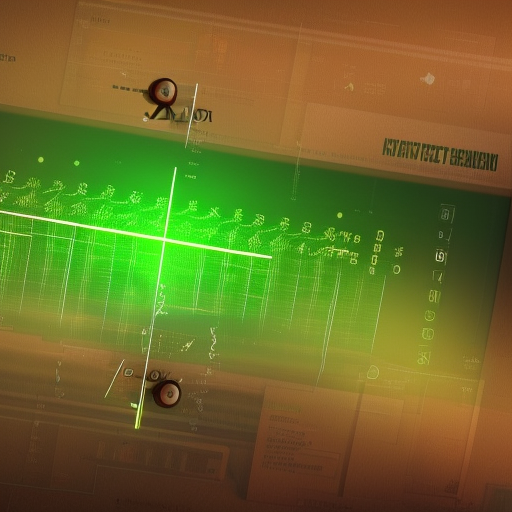
This market will resolve as YES if a new Mersenne prime number is discovered in 2023.
Resolution source: https://www.mersenne.org/primes/
🏅 Top traders
| # | Name | Total profit |
|---|---|---|
| 1 | Ṁ3,633 | |
| 2 | Ṁ565 | |
| 3 | Ṁ431 | |
| 4 | Ṁ317 | |
| 5 | Ṁ287 |
People are also trading
@KongoLandwalker that is just progress indicator for primarily test. However, my assigned candidate is known not to have any factors for values up to 2^80 based on prior testing. This one is it, I can feel it!
@AlQuinn you should create a market on whether You will be the one to get the new M prime.
Sadly, I just looked at what my computer has been doing, and because of my lowish specs, they are having me recheck a number (2^72349561-1) that was already looked at in 2015 (it seems their Lucas-Lehmer primality test will sometimes bug out and give incorrect result, so they recheck those). So low odds on this first go around, but maybe if I upgrade from a Intel 486 to a Pentium II, I can get a newer number! Also, MS Paint will probably run better with some extra horsepower.
If you are following the implied market odds, the true value of YES on 2023-06-11 is ~15%
@SavioMak every prediction market question is an implicit call for more knowledge about the question at hand
@TheWiggleMan N/A means that a prediction market failed
This market is incapable of resolving N/A, as it must resolve either YES or NO
@BrendanFinan the priors look higher than 15% to me, given the graph on https://www.mersenne.org/primes/ - they're being discovered almost every year on average. No new discovery since 2018. Which may perhaps nudge one to think "it is about time we got a new one" 😃
@ShadowyZephyr perhaps I read it wrong? Looking at discovery dates in the table (https://www.mersenne.org/primes/) from 1990 to 2023, there have been 20 new Mersenne primes discovered. So sure, it is less than 1 a year.
@codingquark Expecting the rate now to be the same as 1990 (when computing speeds were increasing the fastest) is weird. But even including those, it's 33 years and 20 primes, so not close to 1/year.
@ShadowyZephyr I agree, it is less than 1/year. I am curious why we won't come up with a new one anytime soon?
I have not looked at the computational methods involved and therefore have no real estimate of the complexity.

